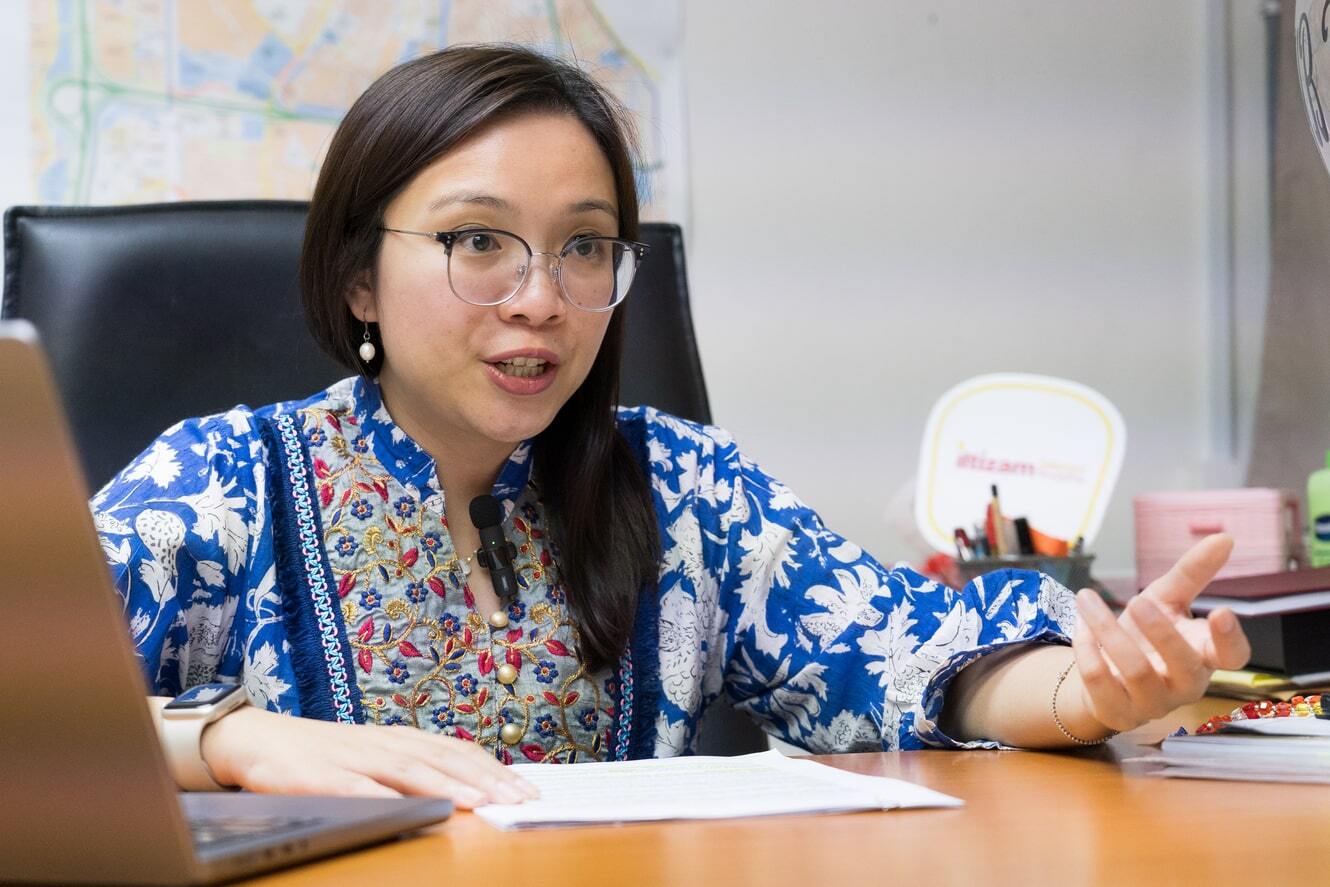PETALING JAYA, Oct 23 — Selangor Public Health and Environment state executive councillor Jamaliah Jamaluddin is rolling up her sleeves to combat smoking and vaping without waiting for federal decisions.
The DAP lawmaker said Menteri Besar Amirudin Shari’s administration wants to act within their powers, even as the Ministry of Health (MOH) is the federal regulator of tobacco control.
The federal government failed to table the Control of Smoking Products for Public Health Bill 2023 – which controls tobacco and vape products – in Parliament for second reading, as Health Minister Dr Zaliha Mustafa’s announcement of the October 10 tabling of the federal bill did not materialise. No future date for tabling was announced.
“That’s why even before the announcement, actually, I told my team that sometimes, we don’t want to wait for whatever happens at the federal level. We want to know what we actually can do, regardless of whatever decision is made,” Jamaliah told CodeBlue in an interview at her office in Damansara Utama here last October 11.
“We do realise that smoking, now vaping, has become very popular amongst youth. And, we do realise that, of course, when you’re talking about the bill, when you’re talking about decisions by the federal government, of course, it affects Malaysians in whatever policy that they are deciding.
“But at the same time, what we are trying to do at the Selangor state level is that we want to see in which way we can help to reduce the production of smokers or vapers within Selangor level.”
According to the National Health and Morbidity Survey (NHMS) 2019, the prevalence of smokers among those aged 15 years and above was 18.5 per cent in Selangor, the country’s most populous and developed state, lower than national prevalence of 21.3 per cent. The state with the highest smoking prevalence was Kedah at 27.6 per cent.
Timely was how Jamaliah described the Selangor state government’s decision to focus its sights on anti-tobacco campaigns, noting that youths, in particular, are more likely to start smoking or vaping due to peer influence and the perception that such behaviours are cool.
“We are actually targeting that kind of behaviour, and how we can create a campaign where hopefully it will be as cool as, or more cool than smoking and vaping.
“We want young people to feel that there are healthier things that we can do other than smoking and vaping.
“And we hope that we can change their perception that smoking and vaping is cool by focusing on what will be the health issues that they can foresee later in life if they continue their activities,” said the second-term Bandar Utama state assemblywoman.
Dr Mohd Afiq Mohd Nor, a clinical specialist and emergency physician at the University Malaya Medical Centre, told a roundtable discussion last April that new data shows that e-cigarettes and heated tobacco products are more harmful than they initially appeared to be.
According to the latest NHMS: Adolescent Health Survey 2022, there has been a significant increase in the prevalence of e-cigarettes and vape use among Malaysian teenagers. This increase was accompanied by a notable shift in tobacco consumption trends amongst the teenage population.
The survey revealed the prevalence of teenagers aged 13 to 17 years currently using e-cigarettes or vape rose from 9.8 per cent in 2017 to 14.9 per cent in 2022, marking a notable increase over the five-year period.
In contrast, the prevalence of cigarette smoking among Malaysian teenagers has witnessed a decline. The NHMS survey showed that the rate of current cigarette use among adolescents aged 13 to 17 dropped from 13.8 per cent in 2017 to 6.2 per cent in 2022. This shift in numbers appears to suggest that adolescents might be swapping conventional cigarettes for vape.
The federal government, specifically the MOH, currently regulates tobacco products under the Control of Tobacco Product Regulations 2004 under the Food Act 1983, covering aspects like smoke-free places; advertising, promotion and sponsorship; packaging and labelling; and sales restrictions.
E-cigarettes and vape with nicotine used to be prohibited for use outside medical treatment – until Dr Zaliha used her ministerial authority last March 31 to exempt liquid nicotine as a scheduled poison from the Poisons Act 1952, vetoing unanimous objection from the Poisons Board.
The federal government’s move to remove liquid nicotine from the Poisons List effectively legalised the sale of nicotine vape for everyone, including children aged below 18, without any restrictions on sale; nicotine content; and advertising, promotion and sponsorship, as the Control of Tobacco Product Regulations exclude e-cigarettes and vape.
State governments and local authorities, however, have the power to control business licences, even though health is under federal jurisdiction.
When asked whether the enactment of regulations or state by-laws has been considered to curtail the sale of vape products near schools and housing areas, Jamaliah stated that she did consider the matter.
However, local government regulations require discussion with the local government and tourism portfolio that is held by Ng Suee Lim.
Jamaliah said the state exco – which came into office just two months ago after the Selangor state election – is currently looking at issues that need cross-portfolio coordination and discussions.
“Next year, we will be working towards that. Because my portfolio, actually there’s a lot of things that I’ll need to engage with the PBT exco – even including recycling, illegal rubbish, and so on.”








